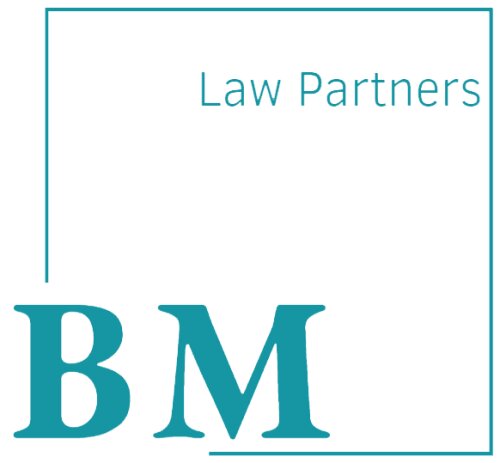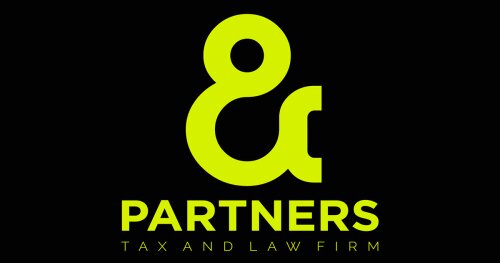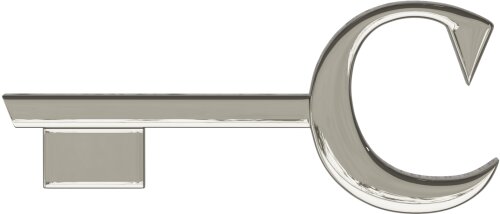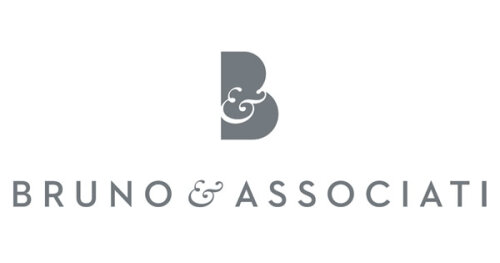Best Accounting & Auditing Lawyers in Italy
Share your needs with us, get contacted by law firms.
Free. Takes 2 min.
Or refine your search by selecting a city:
List of the best lawyers in Italy
About Accounting & Auditing Law in Italy
The field of Accounting & Auditing in Italy is governed by a set of comprehensive laws and regulations that ensure transparency, reliability, and accountability in financial reporting. These laws are designed to protect investors, ensure the proper functioning of markets, and bolster public confidence in financial statements. The Italian legal framework is aligned with European Union directives and international standards, which makes it robust and sophisticated. Professionals operating in this field are typically required to adhere to principles set out by the Ordine dei Dottori Commercialisti e degli Esperti Contabili (Italy's national accounting profession body).
Why You May Need a Lawyer
Legal assistance in Accounting & Auditing might be necessary in various situations, such as:
- Dealing with audits by tax authorities or seeking redress against improper audits
- Handling complex financial transactions or mergers and acquisitions
- Compliance issues with domestic or EU regulations
- Setting up internal audit functions and controls
- Litigation involving financial misreporting or fraud
- Understanding and implementing new accounting standards
A lawyer specializing in accounting law can provide valuable guidance and representation, ensure compliance, and help navigate the often complex legal environment.
Local Laws Overview
The key aspects of Italian accounting and auditing laws are designed to maintain uniformity and integrity in financial reporting. Notable elements include:
- Consolidated Financial Statements Act: Requires companies to prepare and publish financial statements that provide a true and fair view of their economic situation.
- Italian Civil Code: Governs business organizations and financial disclosures.
- Local GAAP (Generally Accepted Accounting Principles): Established by the Italian Accounting Body (OIC) to ensure consistency in financial reporting by companies.
- Enforcement of Auditing: Oversight provided by public authorities such as CONSOB for listed companies.
These regulations help ensure that financial statements are reliable, thereby protecting stakeholders' interests.
Frequently Asked Questions
What is the role of an auditor in Italy?
An auditor in Italy is responsible for verifying that a company's financial statements give a true and fair view of its financial situation and that they comply with local accounting standards and regulations.
What standards apply to accounting practices in Italy?
Accounting practices in Italy primarily follow the Italian GAAP as set forth by the Organismo Italiano di Contabilità (OIC), along with International Financial Reporting Standards (IFRS) for certain companies.
What are the penalties for non-compliance with accounting laws in Italy?
Penalties for non-compliance can include fines, sanctions, disqualification from holding directorships, and, in severe cases, criminal charges.
Who is required to have their accounts audited in Italy?
Public companies, large private companies, and companies exceeding specified thresholds are required to have their accounts audited by a qualified auditor.
What is CONSOB, and what role does it play in auditing?
CONSOB is the Italian Securities and Exchange Commission that oversees financial markets, ensuring transparency and compliance among listed companies and their auditors.
Is it necessary to hire a lawyer for tax-related audits?
While not strictly necessary, having a lawyer can be beneficial to navigate complex issues, particularly in contentious audits or disputes with tax authorities.
How often are companies required to file financial reports in Italy?
Companies are generally required to file annual financial reports, while publicly traded companies may also have quarterly reporting obligations.
What do companies need to include in their financial statements?
Financial statements typically need to include a balance sheet, income statement, cash flow statement, and notes to accounts, providing a comprehensive picture of the company's financial health.
How can businesses ensure compliance with accounting laws?
Businesses can ensure compliance by maintaining up-to-date records, employing qualified accountants, and routinely consulting with legal and accounting professionals.
What should I do if I suspect accounting fraud in my company?
If you suspect accounting fraud, it's critical to consult with legal experts and possibly initiate an internal audit or investigation to address and resolve the issue.
Additional Resources
For those seeking further information and guidance, the following resources can be invaluable:
- Ordine dei Dottori Commercialisti e degli Esperti Contabili: The national body for accounting professionals in Italy.
- CONSOB: The regulatory authority for auditing practices, especially crucial for listed companies.
- Ministry of Economy and Finance: Provides policy guidelines and regulatory framework for financial operations.
- Organismo Italiano di Contabilità (OIC): Responsible for setting accounting standards in Italy.
Next Steps
If you are in need of legal assistance in the realm of Accounting & Auditing, consider the following steps:
- Identify your specific needs and the nature of the legal assistance you require.
- Consult with professionals or legal firms specializing in Accounting & Auditing to gain expert advice.
- Ensure that you have all relevant documents and information necessary to expedite legal proceedings.
- Engage with a licensed and experienced lawyer who can provide you with tailored guidance and representation.
- Stay informed about developments in accounting and auditing laws through reputable sources and updates from legal experts.
Taking these steps can help ensure that you handle accounting and auditing-related legal matters effectively and in compliance with Italian laws.
Lawzana helps you find the best lawyers and law firms in Italy through a curated and pre-screened list of qualified legal professionals. Our platform offers rankings and detailed profiles of attorneys and law firms, allowing you to compare based on practice areas, including Accounting & Auditing, experience, and client feedback.
Each profile includes a description of the firm's areas of practice, client reviews, team members and partners, year of establishment, spoken languages, office locations, contact information, social media presence, and any published articles or resources. Most firms on our platform speak English and are experienced in both local and international legal matters.
Get a quote from top-rated law firms in Italy — quickly, securely, and without unnecessary hassle.
Disclaimer:
The information provided on this page is for general informational purposes only and does not constitute legal advice. While we strive to ensure the accuracy and relevance of the content, legal information may change over time, and interpretations of the law can vary. You should always consult with a qualified legal professional for advice specific to your situation.
We disclaim all liability for actions taken or not taken based on the content of this page. If you believe any information is incorrect or outdated, please contact us, and we will review and update it where appropriate.
Browse accounting & auditing law firms by city in Italy
Refine your search by selecting a city.

















